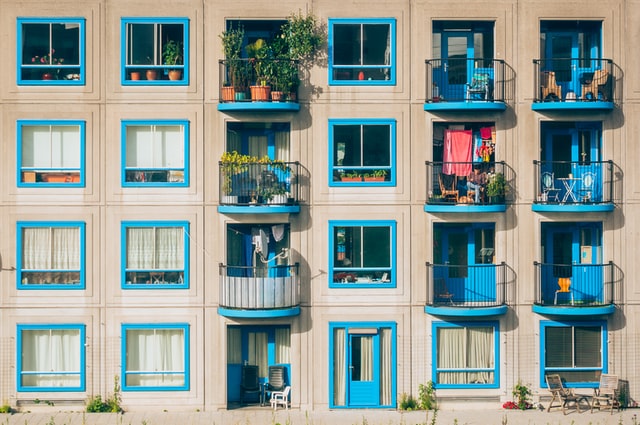The most common reason for buying the freehold of a building is because you are looking to protect your investment. You may be interested in buying the freehold of your building if you are not happy with the level of service provided by your landlord. Or if you believe that it will help you to make other changes to the property. You may also be paying really high ground rents and paying a lot of money towards substandard repairs provided by the freehold owner.
What is the freehold?
Freeholds are pieces of land on which buildings stand. They can be sold separately or tied to the sale of the building. If you buy a freehold, you will own it for as long as you want. If you live in a block of flats most of the time you are only going to own the leasehold – as will all the other people living in your block.
Pros and cons of buying the freehold of your building
You may not even know what a freehold is, so let’s break it down. The freeholder owns the land on which the building is built. When you buy your freehold, you’re buying the strip of land that your building sits on, including the buildings and all the improvements made to it. A leaseholder can’t sell their lease unless they have either agreed to do so in their contract or the person who has the right to grant leases for that part of the land wants to take over control of your lease. If you already own a share in your freehold but want to buy out other shareholders or increase your shareholding by acquiring other shares, you’ll need permission from all existing shareholders.
How can you get more information about buying the freehold of your building?
The information you need to know includes the total purchase price of the freehold, the amount you’ll need to pay for stamp duty and legal fees, and what restrictions there may be on how you can use your property.
There was an act passed in 1993 called The Leasehold Reform, Housing and Urban development Act where tenants are able to collectively get together to pressure the landlord to sell the freehold. There are criteria that the building has to meet and they can be found by researching the act further here.
What are the concerns?
The most significant concern is that the freeholder can restrict or even refuse to sell a lease on a commercial property. They will not be forced to sell a leasehold if the building is subject to a Premium Protection Scheme, which means that they have paid for an insurance policy that protects them from financial loss. You also need to consider whether you are buying the freehold for investment purposes or as a private residence. If you are looking for rental income, it makes more sense to buy a leasehold because it will be easier for you to get someone else in the building.
Conclusion
The conclusion is that it is always better to buy a freehold of a building as opposed to a leasehold. Freeholds are typically more expensive, but the good news is that they offer better resale value and financial stability. There are some exceptions to this rule, but in general it’s a safer bet if you plan on living in the building for more than a few years.


